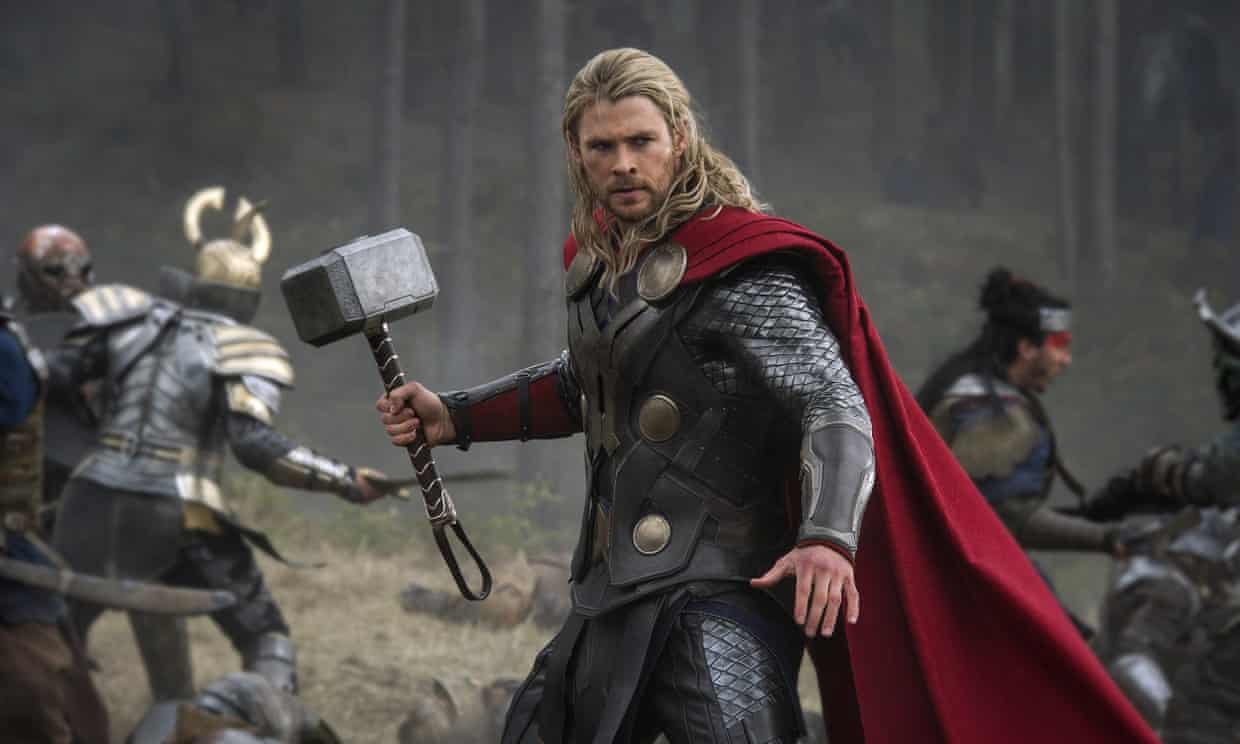
< span design=" font-family: arial; margin-left: 1em; margin-right: 1em;" > Chris Hemsworth plays Thor in the Marvel Cinematic Universe.Photograph: Marvel Studios/Sportsphoto/Allstar In the lands of the north, where the black rocks stand guard against the cold sea, in the dark night that is long, the males of the Northlands sit by their fantastic log fires and they inform a tale …” So started each episode of the 1950s and 1960s children’s TV programme The Legend of Noggin the Nog– among many versions of old Norse myths that have actually filtered down to us, from the early 13th-century variations written down by the Icelandic scholar Snorri Sturluson all the way to the Marvel Cinematic Universe, by means of Jacob Grimm, Richard Wagner, JRR Tolkien,
Narnia, computer game and death metal.Greek misconceptions might be having a minute in modern fiction, however The Norse Misconceptions That Shape the Way We Think advises us that Thor, Asgard, Valhalla and the Valkyries are as much a part of western literature and legend as are Athena and Achilles. As a professor of middle ages European literature at the University of Oxford and a translator of Snorri’s texts, author Carolyne Larrington is a specialist guide to the origins of the stories and an opinionated interpreter of their contemporary descendants. She describes how an inaccurate translation of “drinking horns”, via Latin, led to the “madly not practical” concept that Vikings consumed mead from their enemies’ skulls, and fulminates about HBO’s decision to have the atrocious Euron Greyjoy kill a dragon in Video game of Thrones: “An outrageously subversive recasting of the best of heroic accomplishments.”
Larrington takes the myths a style at a time. Main characters such as Odin and Thor have a chapter to themselves, describing how representations of them have evolved from initial sources into modern retellings such as Neil Gaiman’s American Gods. Loki and his monstrous children get another, which commemorates their current starring roles in books by Joanne Harris, Francesca Simon and others, and discusses quite convincingly how Loki’s existing reputation as a gender nonconforming queer icon is rooted in the early texts.Read the rest of this
post …